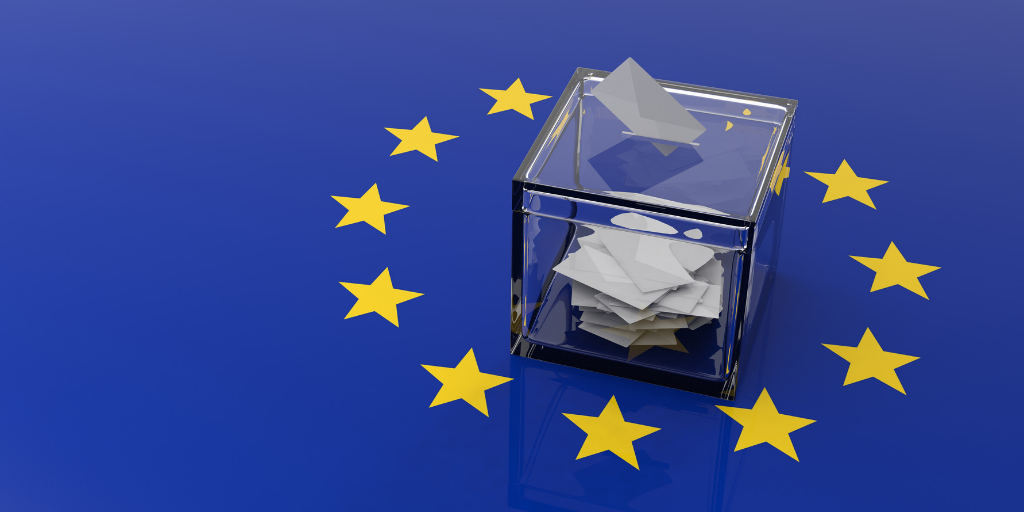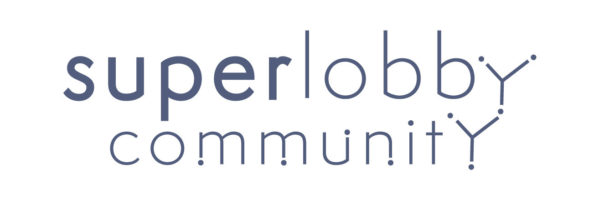
If you think that the next European elections are far away, think again! In EU-years, they are basically just around the corner. These are the last months that you will be able to sleep on EP2024. But where to begin? At national and local elections most of us influence-hungry lobbyists and activists have a feeling how to seize momentum. In European elections – not so much. Partly because of the low turnout, the ambiguous link between vote-outcome and the mismatch between the national debate and European policies. However, make no mistake; the 2024 elections are absolutely a way to gain momentum and push your case forward. Here are some pointers on how to seize the moment.
2022: Watch out for the ambitious ones
Long before manifestos are going to be written, the most ambitious (and strategic) aspiring MEPs will start maneuvering. This is the moment that you can start building rapport with future MEPs. Look out for the signs; a new profile pic on LinkedIn, activistic tweets, and an increase in speaking engagement. Individials with ambitions to enter the European Parliament will start to tweet more personal things, especially about “their story”. These are signs that a parliamentary hopeful is trying to build a profile. Don’t be judgmental! Instead, try to map out who is most likely to run for parliament and try to reach out to them in the earliest moments. It becomes increasingly difficult to build a relationship when a candidate is in full fledged campaign modus, let alone when he enters parliament.
2023: Leadership battles and party manifestos
Most parties will pick their frontrunners in 2023. There is not much you can do apart from closely monitoring who will become the party’s top dog. Of course, you could already invite a leadership candidate or even mildly favor one over the other. Of course if you are a member of a party you could also declare who you are backing or even enter a campaign team of one of the candidates. But in all honesty, the risk of backfiring is too big.
In 2023 the political parties will start drafting their party manifestos. Influencing election programs is a specific sport. I could write a whole book about it. Every political party has its own inner rules and dynamics to develop and adopt its party manifesto. You will need to learn what these rules are. You will also need to know the tempo and timing of the process. Some parties start early others start very late. In The Netherlands, D66 adopts its manifesto just a few months ahead of the elections. You will also need to find members of the parties that are receptive to your cause and are willing to be your partner in crime. This becomes tricky as ordinary party members are not culturally inclined to work with lobbyists as say MEPs or MPs are. In every case you will need to reach out to the people involved writing the party manifesto’s. This means doing some research on who those people are.
Send invitations before everyone else!
2023 is also the year to do some strategic event planning. Make sure you have sent out invitations for work visits or events to candidates already in 2023. Most people will start inviting party leaders and candidates in 2024, and it will be impossible to get them to your event because they will not have time. Be smart and already invite them in 2023. Field trips, visits, panel debates; now is the moment to build a rapport with candidates. I guess in each EU country it will be different but as an example of timing; In The Netherlands GroenLinks had their draft candidate list ready in October 2018 while D66 had it ready only in December 2018. Also, make sure you get the media involved and have them ask questions about your issue. Remember, elections are the only time the political logic is reversed; politicians want something from you – not the other way around. Don’t only focus on candidates higher up the food chain. Meet and greet the candidates further down the list. This creates goodwill. In some cases, you can also plea for candidates to take up certain issues even to enter a parliamentary committee. Give technical briefings on the history of a file up to the elections so he or she has a knowledge advantage vis-a-vis his new peers.
2024 Full-fledged campaigns
The European elections are in May. The Parliamentary work stops in March. However, campaign will be at its most intense from January to May 2024. These are the moments to also organize high-profile events and seize the momentum. Also, inform your own internal organization about the importance of the elections and the EU in general. All in alll; have fun and enjoy the show!
After the elections
After the elections have passed the newly appointed MEPs will fight for positions. Apart from trying to get into their desired committee, some of them will also want to become coordinators, vice-presidents of a group or a chair of a committee. For your cause, it might be worth advocating for the establishment of so-called European Parliament Intergroups. Intergroups are not official bodies of the European Parliament yet intergroups bring together MEPs from different political groups to discuss subjects ranging from human rights to economic and social issues. For the 2014–2019 term, 28 intergroups have been approved, Intergroups receive funding and support from the European Parliament. What makes them so interesting is their commitment to a certain topic for 5 years and their cross-party nature.
Lobby for a “discontinuity“
Finally, a new Parliament also means a new European Commission. In the last term, we witnessed for the first time a so-called “political discontinuity”. This means that the European Commission will review the work in progress of the previous Commission to see if it still politically supports them. It might be a long shot but I can imagine some advocacy groups and corporate lobbies trying to torpedo legislation by insisting on a political discontinuity as soon as the new European Commission is elected. The last time around, Juncker also made a list of political priorities which were surprisingly stable over the years. It would be good if the new president of the European Commission does something similar, giving also interest groups an opportunity to target a specific list of priorities.
Dont forget these
Also, don’t forget the party conferences, where a lot of decision-making will take place and a lot of opportunities arise to meet candidates. Also in 2024; We’ll probably see the nominations of Spitzenkandidaten. Maybe this will change, but the last times around these were irrelevant happenings. Euractiv has a explainer hot to become a Spitzenkandidat.

